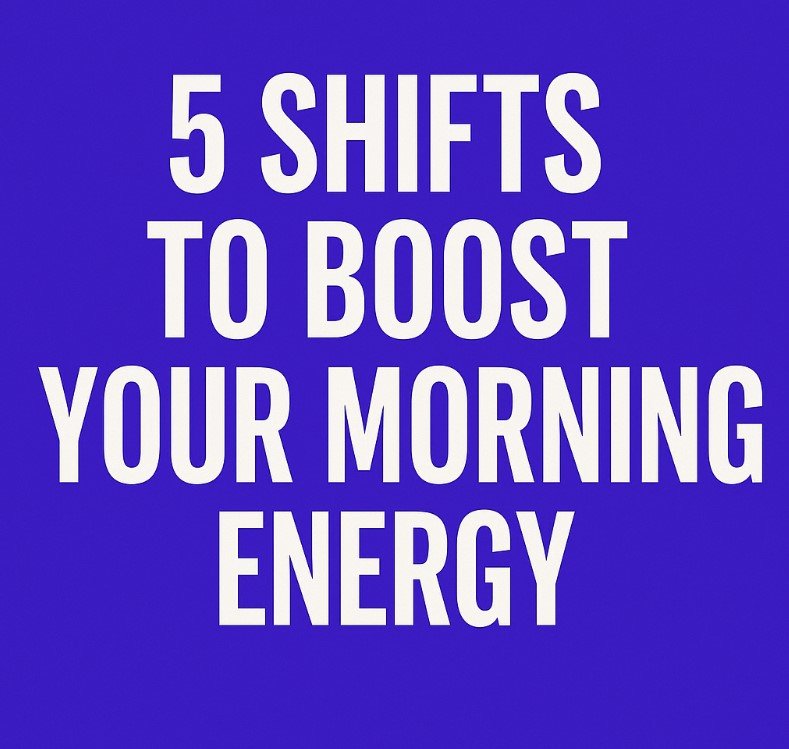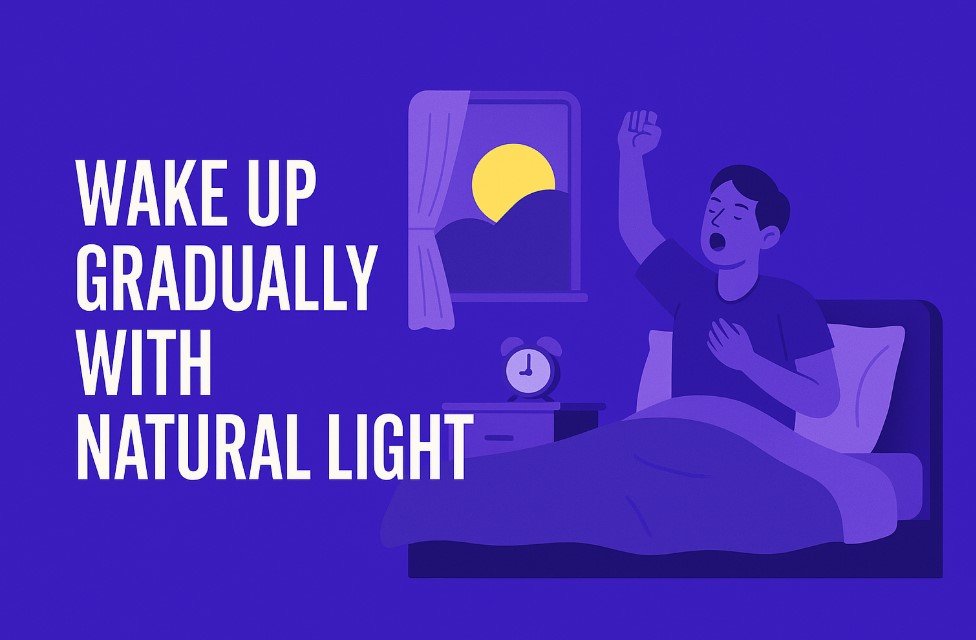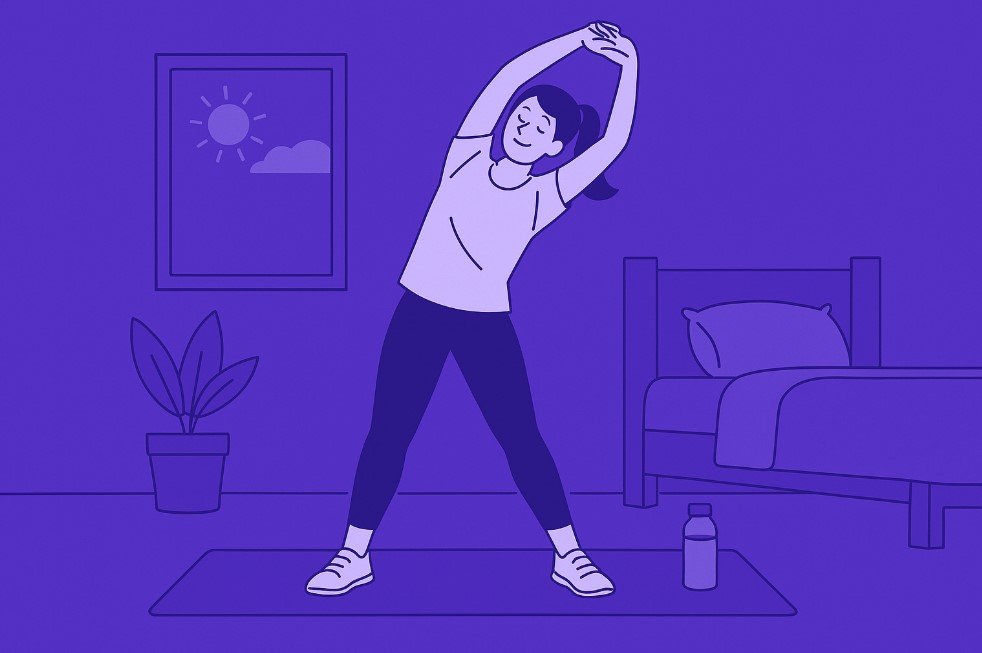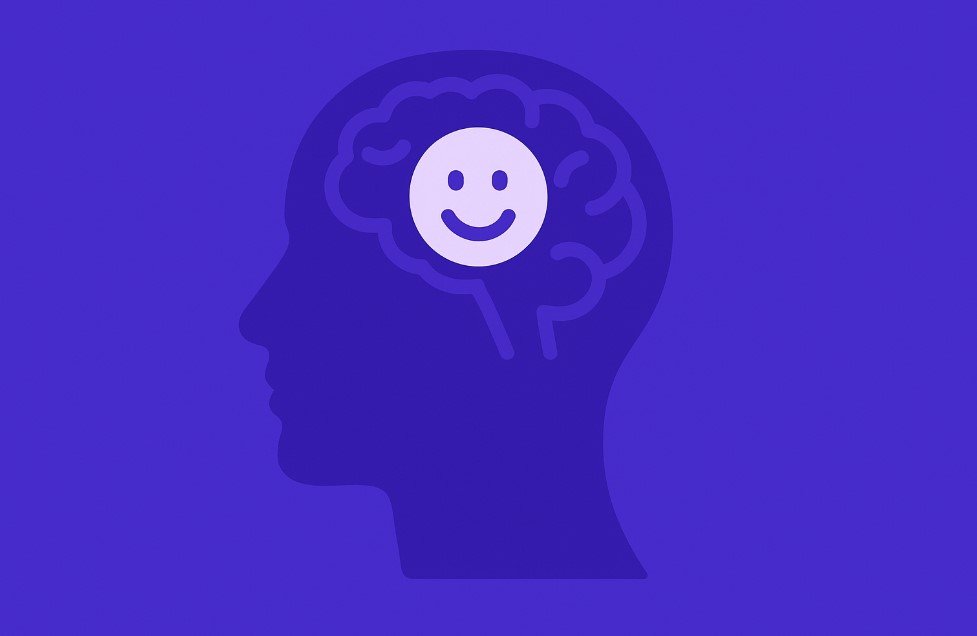5 Shifts
5 Shifts to Boost Your Morning Energy

Mornings can set the tone for your entire day. When you wake up feeling tired, sluggish, or unmotivated, it often leads to a less productive and less enjoyable day. Many people struggle to find enough energy in the morning, even if they get a full night of sleep. Fortunately, with a few simple lifestyle changes, you can boost your morning energy naturally and start your day feeling refreshed and focused. Here are five practical shifts you can make right now to improve your morning routine.
Shift 1: Get Enough High-Quality Sleep at Night

The foundation of a high-energy morning starts the night before. No matter how good your morning routine is, you won’t feel truly energetic if you are not getting enough sleep or if the sleep you get is of poor quality. Adults generally need between 7 and 9 hours of sleep each night. It’s not just about the number of hours you spend in bed, but about how well you sleep during those hours.
To improve your sleep quality:
- Stick to a consistent sleep schedule, even on weekends.
- Create a relaxing bedtime routine that helps your body wind down.
- Keep your bedroom dark, cool, and quiet.
- Avoid caffeine, heavy meals, and alcohol close to bedtime.
- Limit screen time before bed to allow natural melatonin production.
By improving your sleep quality, you give your body the rest it needs to feel alert and energized when you wake up.
Shift 2: Wake Up Gradually With Natural Light

How you wake up can affect how you feel for the rest of the day. If you wake up suddenly to a loud alarm in a dark room, your body may feel shocked and disoriented. A better approach is to wake up gradually with natural light, which supports your body’s natural circadian rhythm.
Try opening your curtains or blinds before you go to bed, allowing the morning sunlight to enter your room as the sun rises. You can also use a sunrise alarm clock that slowly brightens the room to simulate natural light. This gentle exposure to light tells your brain that it’s time to wake up and helps stop the production of melatonin, the hormone that makes you sleepy.
If you wake up before the sun rises or during winter months, consider using a light therapy lamp in the morning. Just 20 to 30 minutes of exposure can help you feel more awake, improve your mood, and regulate your sleep cycle.
Shift 3: Start Moving Right After You Wake Up

Physical movement is one of the most effective ways to shake off morning grogginess and boost your energy. You don’t need to do a full workout first thing in the morning to feel the benefits. Simple movements can get your blood flowing, wake up your muscles, and help your brain become more alert.
Here are a few easy ways to add movement to your morning:
- Do light stretching or yoga for 5-10 minutes.
- Take a brisk walk outside if the weather allows.
- Do a short bodyweight exercise routine, like squats or jumping jacks.
- Practice simple breathing exercises combined with gentle movements.
Moving your body first thing in the morning helps increase circulation, releases endorphins (feel-good hormones), and helps your brain wake up more quickly.
Shift 4: Eat a Balanced and Energizing Breakfast

Skipping breakfast or eating sugary, processed foods in the morning can leave you feeling tired and unfocused. Your body needs fuel to function well after fasting overnight. A balanced breakfast gives your brain and muscles the energy they need to start the day strong.
Focus on foods that combine:
- Protein (such as eggs, yogurt, or nut butter)
- Healthy fats (like avocados, nuts, or seeds)
- Fibre-rich carbohydrates (such as whole-grain bread, oatmeal, or fruit)
These foods help stabilize your blood sugar levels and provide long-lasting energy without sudden crashes. Avoid heavy, greasy, or overly sweet breakfasts that can leave you feeling sluggish. Drinking a glass of water in the morning also helps rehydrate your body after sleep, supporting energy and mental clarity.
If you’re not hungry right away in the morning, consider a small, light meal and have a larger breakfast later in the morning once your appetite increases.
Shift 5: Set a Positive and Focused Mindset

Your mental energy is just as important as your physical energy in the morning. Starting your day with a calm, positive mindset can help you feel more focused, motivated, and ready to tackle your tasks. Many people feel drained in the morning because they immediately check emails, news, or social media, filling their minds with stress and distractions.
Instead, consider starting your day with one or more of these positive habits:
- Practice gratitude by writing down a few things you’re thankful for.
- Set one or two simple goals for the day to give yourself direction.
- Spend a few quiet minutes meditating or doing breathing exercises.
- Read or listen to something uplifting and motivational.
- Avoid checking your phone or reading stressful news for the first 30 minutes.
Starting your day with intention can help you stay focused, calm, and energized as you move through your morning.
Additional Tips to Support Morning Energy
While the five main shifts above are a great foundation, here are a few extra simple habits that can also help boost your morning energy:
- Avoid hitting the snooze button, which can leave you feeling more tired.
- Place your alarm across the room so you have to get out of bed to turn it off.
- Keep your bedroom cool and well-ventilated at night.
- Drink a glass of water as soon as you wake up.
- Limit late-night screen time to protect your sleep quality.
When to Seek Professional Help
If you consistently feel exhausted in the morning despite making these changes, consider talking to a healthcare professional. Ongoing fatigue could be a sign of underlying issues such as sleep apnea, thyroid problems, anemia, or other health conditions that affect energy levels.
Final Thoughts
Boosting your morning energy doesn’t require extreme routines or complicated habits. With a few simple shifts, you can train your body and mind to wake up feeling refreshed and ready to take on the day. Start by choosing one or two of these shifts and practice them consistently. Over time, you may notice a big difference in how you feel each morning. These small daily changes can lead to better energy, improved mood, and greater productivity throughout your entire day.
-

 Entertainment4 weeks ago
Entertainment4 weeks ago123Movies Alternatives: 13 Best Streaming Sites in 2026
-

 Entertainment1 month ago
Entertainment1 month ago13 Free FMovies Alternatives to Watch Movies Online in 2026
-

 Entertainment4 weeks ago
Entertainment4 weeks ago13 Flixtor Alternatives to Stream Free Movies [2026]
-

 Entertainment1 month ago
Entertainment1 month agoGoMovies is Down? Here are the 11 Best Alternatives




